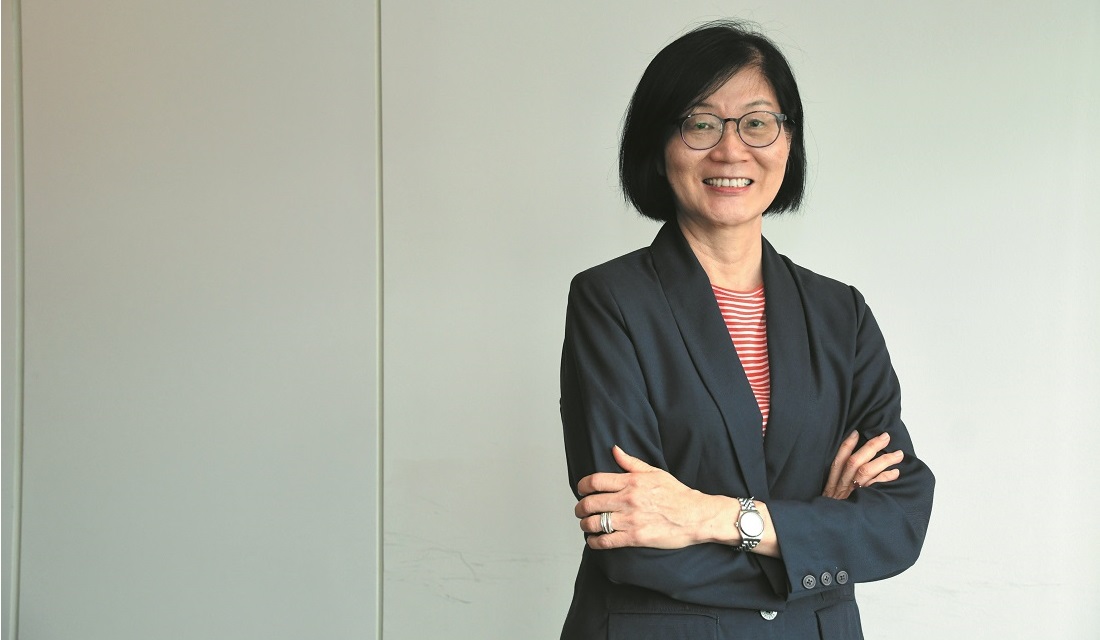
KUALA LUMPUR (July 23): Employees across Asia Pacific have adapted to extensive work-from-home arrangements, but most are eager to return to the office, according to JLL.
An average of 68% of employees surveyed regionally worked from home at the height of the Covid-19 pandemic across Asia Pacific. According to JLL, 61% of the same respondents working remotely said they missed going to the office and would favour a hybrid model combining more flexible work arrangements in the future.
“Our employees in Malaysia [have] started to return to the office on split team basis since May 13, following the announcement of Malaysian government on the relaxation of regulations regarding the Movement Control Order (MCO), with its main goal to reopen the national economy in a controlled manner,” said JLL Malaysia country head YY Lau (pictured) in a statement.
“Most of us have adapted to working from home leveraging on JLL technologies, but most of our employees still find the lack of human interactions and other challenges such as distractions from their family members and work facilities,” Lau added.
“Employees across Asia Pacific have successfully transitioned to remote working, but our interactions also suggest that many now crave the office environment's cultural and human experience. It is becoming clearer that the office is here to stay, but greater acceptance of remote working will force a new workplace model for many corporations regionally,” said JLL Asia Pacific CEO Anthony Couse.
“Offices will continue to play a central role in defining company culture, creating a shared purpose, and meeting employee needs for personal and professional fulfilment. However, Covid-19 will impact how the office looks and feels, as hybrid models comprising flexible work arrangements become mainstream,” said JLL Asia Pacific chief research officer Roddy Allan.
JLL’s new Asia Pacific report Home and Away: The New Hybrid Workplace? argues that employees consistently believed while they enjoy the freedom of working from home, they miss the human interaction and face-to-face collaboration that working in a professional office environment provides.
The report is based on the views of 1,500 employees from five countries across Asia Pacific. Respondents were asked about the impact of extended periods of remote work, access to technology, and which changes in professional behaviour will become permanent.
According to the report, respondents believe that employers have a responsibility to foster this sense of optimism, whether their teams are working from home or in the office, and as businesses, enhance human performance and productivity wherever their workers are. Key considerations for employers exploring a hybrid model include:
● Office space is here to stay: Higher acceptance of remote working will lead to a more distributed and diverse workforce but this will come with its own challenges on productivity and efficiency. Office space will continue to hold its importance, in most instances as the optimal working environment.
● Offices will be reimagined as social hubs: The office provides a culture that can’t be replicated via remote working and serves as a social hub for employees to connect on common goals, purpose and vision. Repurposed or redesigned work areas will be required to provide infrastructure for collaboration among the split teams of remote and on-site staff.
● Future footprint will facilitate choices and flexibility: Work from home saw many employees enjoy greater flexibility and control on their personal and professional lives. Corporates will have to redefine their real estate footprint, leveraging distributed and liquid spaces. Home offices, co-working places, satellite offices and the office HQ will all have to co-exist — leading to a truly hybrid office model.
The report revealed that millennials said they missed the office more than other age groups at 66% and highlighted the office experience's benefits: human interactions, professional environment, and place for focused work.
Furthermore, 81% of millennials strongly agreed that they felt technology ready, and 52% said they were more productive working from home. However, some could not afford accommodation with space and amenities vital for successful home-working.
Stay safe. Keep updated on the latest news at www.EdgeProp.my
TOP PICKS BY EDGEPROP
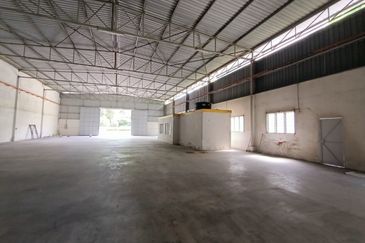
Kawasan Industri Desa Aman
Sungai Buloh, Selangor
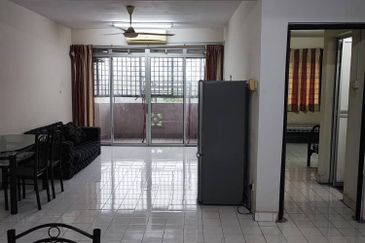
Apartment Tanjung Puteri Resort
Pasir Gudang, Johor
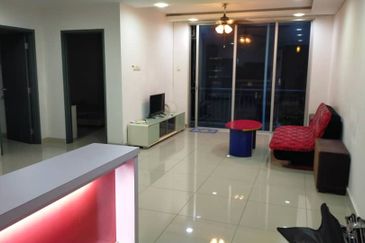
D'Ambience Residences (Ikatan Flora), Bandar Baru Permas Jaya
Permas Jaya/Senibong, Johor
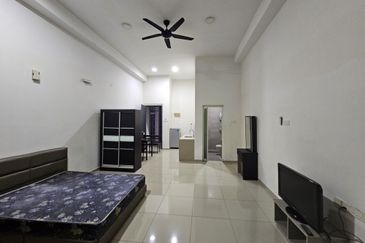
D'Carlton Seaview Residences (Seri Mega)
Masai, Johor

Putra Indah @ Putra Heights
Subang Jaya, Selangor

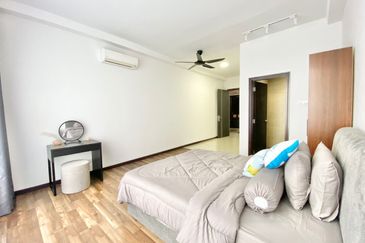
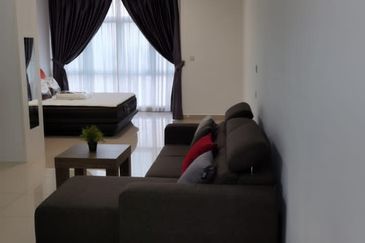
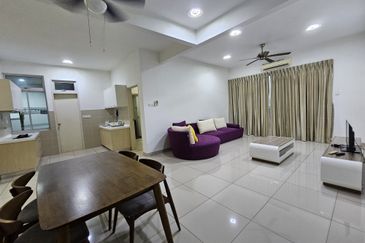
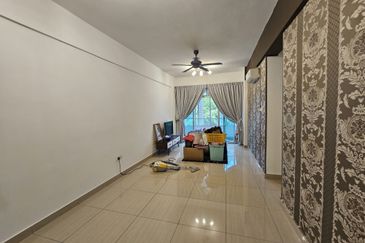
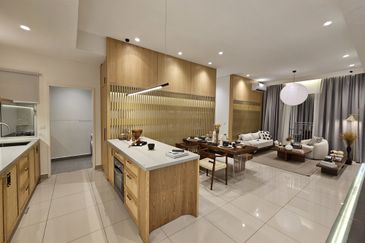
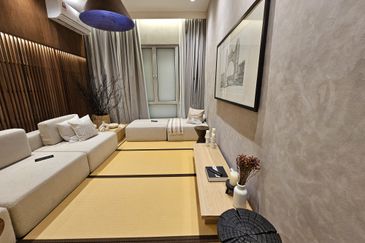
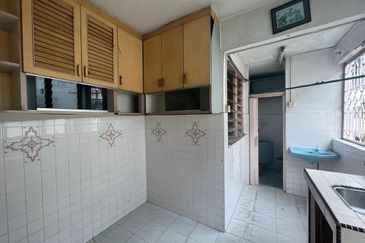


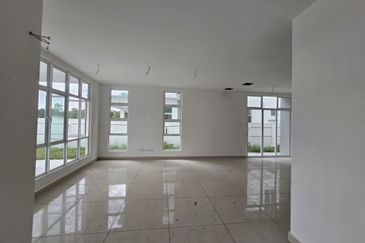
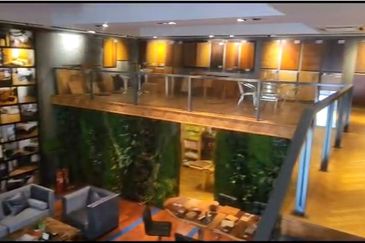
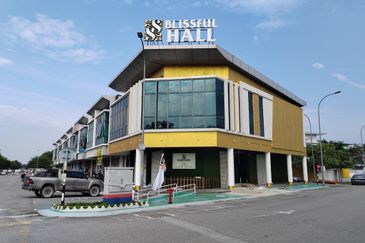
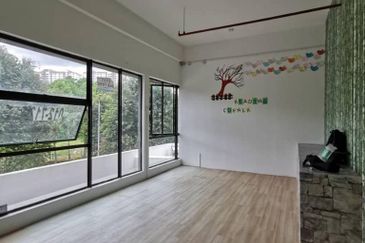
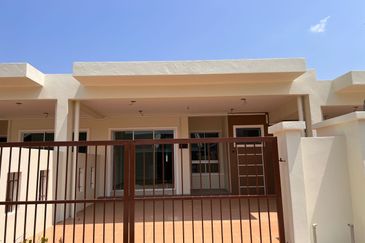

hero.jpg?GPem8xdIFjEDnmfAHjnS.4wbzvW8BrWw)



